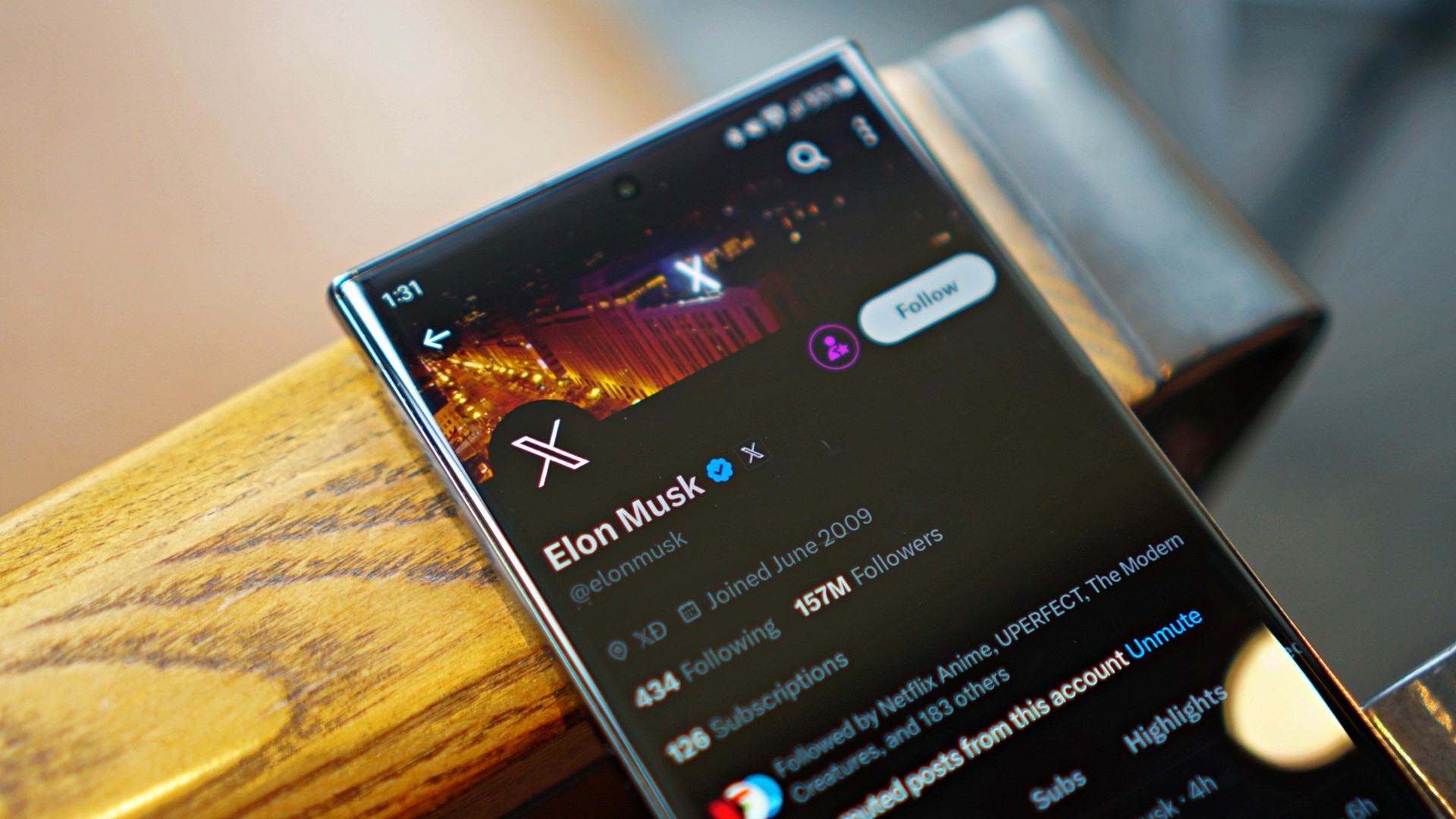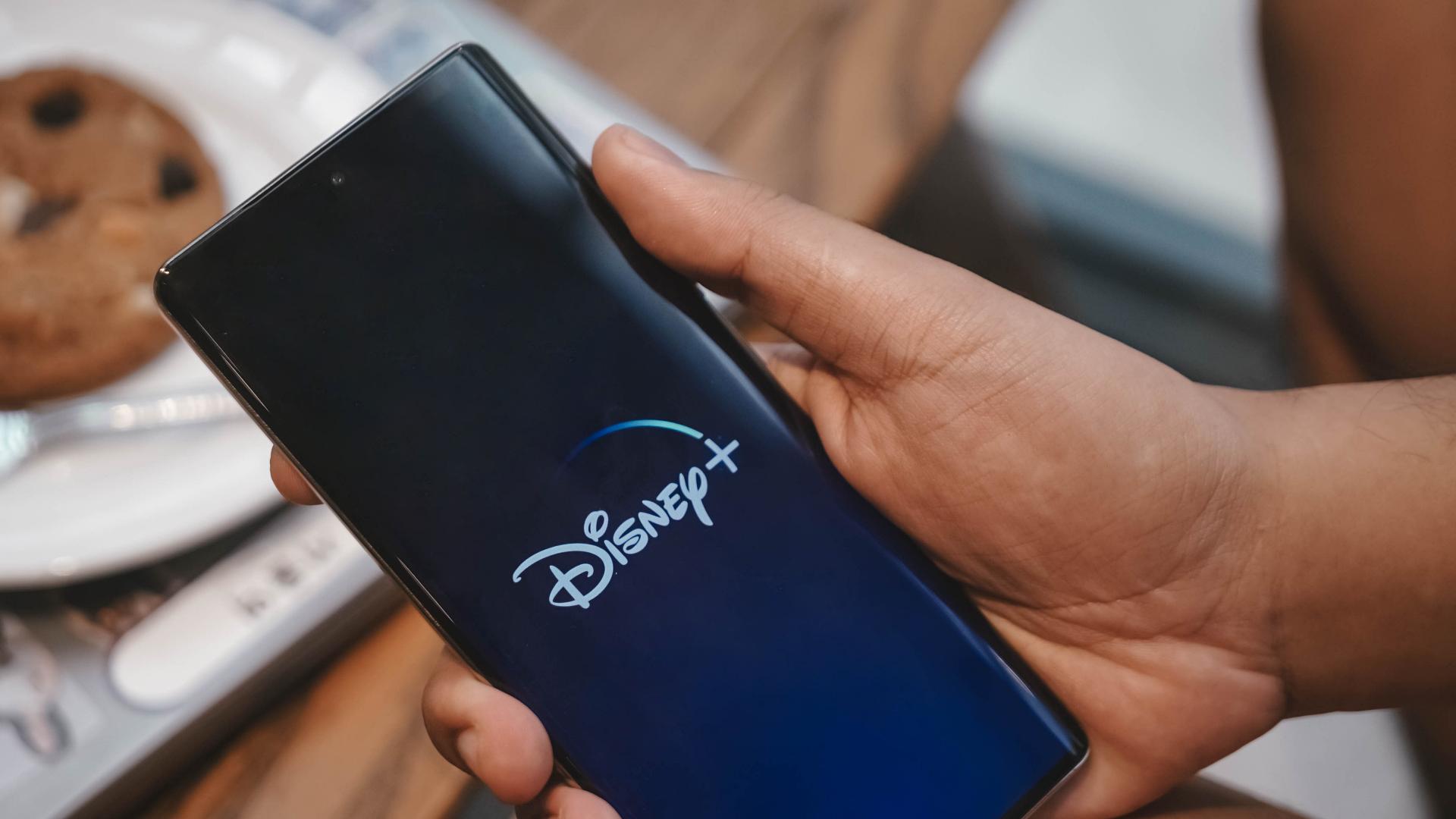Apps
WhatsApp users move to Signal due to changes in privacy policy
Signal has Musk’s seal of approval

Over the week, a big change has come to WhatsApp with Facebook updating the messaging app’s privacy policy. As a result of the change, most WhatsApp users are now switching to another encrypted messaging service, Signal.
The whole thing started when WhatsApp notified its users about the updated terms and privacy policy this week. In a nutshell, the updated terms expand the type of data WhatsApp can collect from its users. This includes the user’s account information, contacts, status information, and payment data.
WhatsApp also collects device information, location, and user cookies. To make matters worse, the updated terms even include provisions for collecting ” hardware model, operating system information, browser information, IP address, mobile network information including phone number, and device identifiers” which previous terms don’t contain at all.
As a form of reassurance, WhatsApp will never touch user messages and conversations. The service will continue to encrypt messages end-to-end, and will never display third-party ads in the meantime.
All the data collected by WhatsApp will supposedly help improve Facebook. The data will also improve the services on other Facebook products such as Messenger, Instagram, and the Facebook app itself.
The updated terms also removed the option to opt-out of this data sharing. Users who don’t exactly agree to the terms will have their accounts disabled by February 8, 2021. Those who live in countries covered by the GDPR will continue to see an opt-out option.
See also: Privacy and security tips for your smartphone
Signal gets a heads-up
As a result of the change, Signal — an open-source encrypted messaging service — has seen an influx of users migrating from WhatsApp. The service even got a friendly recommendation from Elon Musk and Edward Snowden. For those clueless about the latter, he is the famous whistleblower who leaked the illegal privacy-invading acts done by the US’ National Security Agency last 2013.
That's @signalapp, for those who don't speak Elon. https://t.co/NA1PV9FN1o
— Edward Snowden (@Snowden) January 7, 2021
Due to the influx of users signing up, the service has experienced delays in verifying phone numbers, which is critical in the registration process. Since then, the team behind Signal has resolved most of the delays in the past few days.
We continue to shatter traffic records and add capacity as more and more people come to terms with how much they dislike Facebook's new terms. If you weren't able to create a new group recently, please try again. New servers are ready to serve you.
— Signal (@signalapp) January 10, 2021
Users who don’t agree with Facebook’s invasive practices are also encouraged to join Signal. The messaging service boasts of having end-to-end encryption built-in by default and not collecting any user information. It is also run by a non-profit organization, which is different from popular messaging services usually run by large for-profit tech companies. It is available for Android, iOS, and desktop.


New users on X might soon face a tough time on the platform. The social media website will likely start charging new accounts a small fee for the right to post on the platform.
Now, the fee isn’t a new one. Almost six months ago, the company tested the paid system in New Zealand and the Philippines. New users in those countries had to pay a dollar per year for the ability to post and reply to content.
As spotted by X Daily News on the same platform, the company might be ready to take the experiment to a larger market. New text strings have shown that the policy is rolling out worldwide.
SPECULATION: X might be expanding its policy to charge new users before they reply/like/bookmark a post https://t.co/odqeyeiHBx pic.twitter.com/EU71qlwQ0D
— X Daily News (@xDaily) April 15, 2024
The policy is designed to combat a wave of bots appearing on the platform. By preventing new accounts from creating posts, X hopes to stave off the standard behavior of bots these days. You might have noticed them as OnlyFans creators in unrelated posts, peddling NSFW content on their bio.
Though the global rollout was only just spotted, owner Elon Musk has seemingly confirmed the change. Replying to X Daily News, Musk says that it is “the only way to curb the relentless onslaught of bots.” He says that the current breed of bots can easily bypass simple checks these days.
Apps
Disney+ might get always-on channels similar to cable TV
Featuring content from Marvel, Star Wars, and classic Disney

The burden of choice on streaming platforms is real. If you’re like us, you’ve spent hours just mindlessly scrolling through titles on Netflix or Disney+ without watching anything. Netflix, at least, has a Play Something button to fight off that irresistible urge. Now, Disney+ is reportedly trying something different: always-on channels.
If you already cut cable from your lives, you’re likely missing traditional channels or networks that have pre-determined programming. It was a flawed system that eventually ended up with mediocre content and a downpour of ads. However, cable did allow us to keep watching without deciding what comes next.
Now, according to The Information, Disney+ is working on adding those channels to its streaming service. Naturally, these channels will include content from the platform’s library such as Marvel, Star Wars, and its list of classic animated films.
Strangely, the reported feature might still have ads in between programs. Though the addition of ads does mean a better similarity with real television, users still have to be paying subscribers to access the channels. Even if you’re already paying for Disney+, you might still get hit with ads.
Disney has not confirmed the reports yet. The platform might launch a version of the feature outside of the scope included in this report. It’s also unknown when these always-on channels will launch.
SEE ALSO: Macross to be available on Disney+
A few years ago, Apple unleashed one of the most interesting features for the iPhone today: Emergency SOS. Designed for those who like their fair bit of the outdoors, Emergency SOS allows users to contact emergency services without network coverage. Other manufacturers, however, are struggling to adopt the same feature. Now, Google might soon join Apple in providing satellite connectivity for its users.
Despite the convenience, satellite connectivity hasn’t taken off as much as the industry expected it to. For one, a network of satellites isn’t the easiest thing to maintain. Apple is still currently offering its services for free, a gamble that may or may not pay off. Now, the iPhone maker won’t be alone.
According to Android Authority, Google might start offering the same service to Pixel 9 users. Starting with this year’s upcoming flagship, the company is reportedly teaming up with T-Mobile to create satellite connectivity for its users. The telecommunications network is teaming up with SpaceX for the feature.
The same report describes how the feature might work. Once activated, the feature will ask users of their situation: is everyone breathing, are people trapped, are weapons involved, among others. The phone will then relay this information to emergency authorities for a rapid response.
Unfortunately, pricing remains a mystery. While Apple is still offering its satellite connectivity for free, other brands might put the burden of cost on the end user. Hopefully, they won’t, but a paid version is unfortunately expected at this point.
SEE ALSO: Should you be excited for Apple’s satellite connectivity?
-

 Features1 week ago
Features1 week agoFortify your home office or business setup with these devices
-

 Events2 weeks ago
Events2 weeks agoStellar Blade: PlayStation taps cosplayers to play Eve for game’s launch
-

 Gaming2 weeks ago
Gaming2 weeks agoThe Rogue Prince of Persia looks like an ultra-colorful roguelite
-

 Accessories2 weeks ago
Accessories2 weeks agoLogitech unveils G Pro X 60 gaming keyboard: Price, details
-

 Gaming2 weeks ago
Gaming2 weeks agoStar Wars Outlaws release date revealed
-

 Reviews1 week ago
Reviews1 week agorealme 12+ 5G review: One month later
-

 Gaming2 weeks ago
Gaming2 weeks agoLenovo confirms development of a Legion Go 2
-

 Deals2 weeks ago
Deals2 weeks agoTCL P635 TV: Big savings for TCL’s anniversary






















